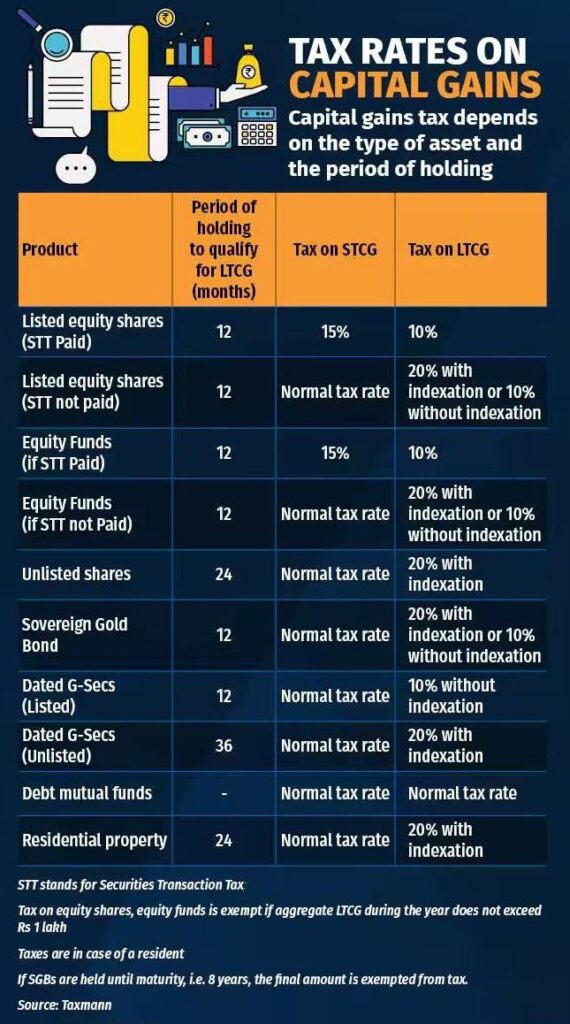In this week’s UK Tax Round Up, we focus on the latest developments surrounding Capital Gains Tax (CGT) in the United Kingdom. With ongoing government reviews and potential reforms on the horizon, taxpayers and financial advisors alike are keenly watching for any changes that could impact investment strategies and asset disposals. This article provides a comprehensive overview of recent updates, key legislative amendments, and expert insights to help readers navigate the evolving CGT landscape in the UK.
UK Capital Gains Tax Reforms Impacting Property and Investments
Recent legislative amendments have introduced significant changes to how capital gains tax (CGT) is applied on property and investment assets in the UK. Notably, residential property disposals now face stricter reporting requirements, with a reduced window for submission of CGT returns and payments. This aims to enhance compliance and accelerate revenue collection for HMRC. Additionally, higher-rate CGT thresholds and rates have been adjusted to reflect current economic conditions, impacting both individual and corporate investors. The updated framework necessitates careful planning, especially for those holding diverse investment portfolios or dealing with multiple property transactions within a tax year.
Key reforms include:
- Faster Payment Deadlines: CGT on residential properties must be reported and paid within 60 days post-sale completion.
- Expanded Reporting Criteria: Certain disposals previously exempt may now require declaration under new regulations.
- Revised Tax Rates: Increased CGT rates for higher bands influence investment strategies and asset disposal timing.
Below is a snapshot of the updated CGT rates relevant from April 2024:
| Taxpayer Type | Basic Rate | Higher Rate |
|---|---|---|
| Individual | 10% | 20% |
| Trusts | 20% | 20% |
| Residential Property (additional) | 18% | 28% |
Detailed Analysis of Recent HMRC Guidance on Disposal Valuations
HMRC’s latest guidance on disposal valuations marks a significant refinement in the approach taxpayers and advisors must take when determining the market value of assets for Capital Gains Tax purposes. The updated framework emphasises a more rigorous assessment of evidential support, requiring valuations to be not only accurate but also demonstrably justifiable in the event of scrutiny. Central to this is the insistence on using multiple valuation methods where appropriate, rather than relying on a single approach. HMRC explicitly highlights acceptable bases, such as comparable market transactions, discounted cash flow analyses, and expert valuations, all while stressing transparency in the assumptions applied.
Key points from the guidance include:
- Consistency: Aligning valuations with recent market trends and economic realities.
- Documentation: Maintaining detailed records supporting the valuation process and methodologies used.
- Professional Expertise: Encouraging engagement with qualified valuers, especially in complex or high-value asset disposals.
| Valuation Method | When to Use | Key Consideration |
|---|---|---|
| Comparable Market Approach | Active market exists | Data reliability & recentness |
| Discounted Cash Flow | Cash-generating assets | Forecast accuracy & discount rate |
| Professional Valuer Report | Complex assets or disputes | Valuer independence & expertise |
Strategic Tax Planning Recommendations for Minimising Capital Gains Exposure
Effective management of capital gains requires a proactive approach that aligns with the latest UK tax regulations. Investors and businesses should consider utilising tax-efficient investment vehicles such as ISAs or pensions, where gains can either grow tax-free or defer tax liabilities. Additionally, careful planning around the timing of asset disposals can exploit annual exempt amounts; spreading disposals over multiple tax years ensures maximum use of reliefs and minimises exposure.
Other practical strategies include:
- Loss harvesting: Realising losses to offset gains within the same tax year.
- Gifting assets: Transferring assets to family members with lower income or unused allowances to leverage their CGT exemptions.
- Use of trusts: Employing trust structures can provide flexibility in allocating gains and potential deferral advantages.
| Strategy | Benefit | Consideration |
|---|---|---|
| ISA Investments | Tax-free growth | Annual contribution limits apply |
| Loss Harvesting | Reduce taxable gains | Must match gains with realised losses |
| Gifting to Family | Utilise unused allowances | Potential inheritance tax implications |
| Trusts | Flexibility in allocation | Complex administration and costs |
The Way Forward
As the landscape of UK Capital Gains Tax continues to evolve, staying informed on the latest developments is essential for individuals and businesses alike. This roundup highlights the key changes and considerations that taxpayers should be aware of to ensure compliance and optimize their tax positions. For ongoing updates and in-depth analysis, monitoring official guidance and expert commentary remains crucial in navigating the complexities of the UK tax system.




